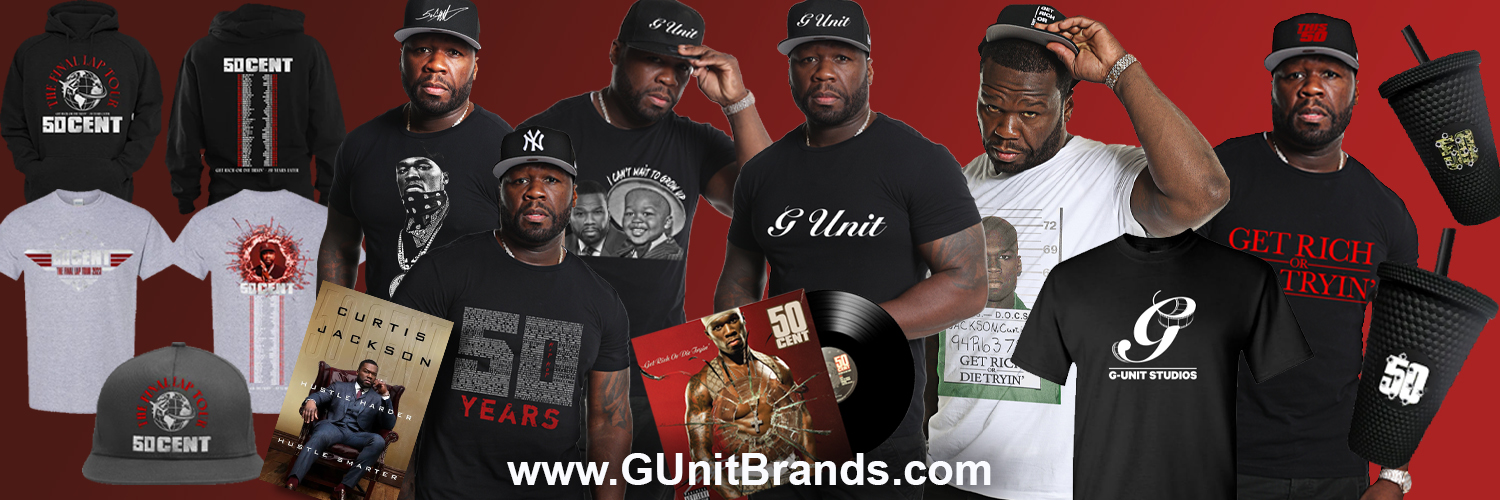
Indies
Abel Meri – “Stream of Consciousness”
2020 has been a year of monumental civil, political and economic unrest. The guardrails have been stress tested to the limit, and being woke in these times is an absolute must. Abel Meri is doing his part by serving up thoughtful, lyrical bars over soulful instrumentation.
Employing a classic East Cast, boom bap style of rap, the DMV lyricist has been pumping out a steady dose of conscious rap at a furious pace in 2020. His latest release “#BLM” is a notable timepiece capturing the preeminent social stories of the time.
We finally got a chance to sit down with the Ethiopian-American MC to learn more about his creative journey and what makes him unique as an artist.
Q: Where were you born and raised?
A: I was born in Ethiopia but moved to the UK when I was three. I moved around a lot as a kid and got to travel and live in a many different countries at an early age. My family moved to Bahrain when I was five. Then when the Gulf War started, we moved again to Los Angeles for a couple of years before settling in Alexandria, VA. The DMV has been my home ever since and I’m proud to rep the area that helped mold me.
Q: How did you start rapping?
A: I became obsessed with hip hop in high school. I always enjoyed creative writing, so the transition into rapper seemed organic. The access to recording was very limited back then, but we made due with boom boxes and karaoke mics. My childhood friend Dan Barbella, who is also a super dope rapper (Ture Grit) put me on to recording actual songs. I was pretty good at it from the jump. Witty lines and word play came easy to me. Most of the rappers from that era placed a lot of value on lyrics so it forced you to hone your skillset. But it takes time to find your voice as an artist. Initially, I just wanted to say the sickest lines I could think of to impress the listeners and fellow MCs which is cool. But as I grew and evolved as a person, I had so much more life experience to draw from. I felt like I could offer my audience much more in the way of insight and replay value. When my content caught up to my skills is when I hit a real inflection point.
Q: Who and what were your biggest artistic influences?
A: My favorite MCs of all time are Jay-Z, Nas, Tupac and BIG. I think I borrowed something from each of them. But that era was so rich with talent, I’m sure I was unconsciously influenced by the bevy of artists I listened to. It’s impossible not to have been. Most people say that I remind them of Jay and Nas so I know their influence is still present. 50 was also very influential, especially the pre-“Get Rich or Die Tryin’” 50. His adlibs and ability to create infectious melodies that were still hardcore blew me away. His flow was crazy too.
Q: What is it like being a conscious artist in this time and what do you feel your responsibility is?
A: I think it’s a very important time for conscious art and specifically conscious rap. Rap has always been a voice of the disenfranchised and overlooked. It feels like the universe is finally exposing all of the social inequities that rap has expressed yet that have long existed in somewhat darkness. I remember a similar energy and groundswell during the LA Riots in 1992. But this time, it feels like the outrage is more widespread amongst different races and socioeconomic segments whereas it was amongst a more homogenous group in ‘92. There’s also a deep sense of sadness and shame now whereas anger and rage were the more palpable sentiments back in ‘92. Way less rioting and property damage in 2020, but it definitely feels like there is more willingness and actual power to enact long-term, substantive change now. And I don’t think it’s a coincidence that cops being filmed arresting black men were the catalysts for public outcry in both cases. As far as my responsibility, I think my role is to accurately and honestly document the time and issues from my perspective. I think my life experiences and having seen the world through different cultures, economies and governments gives me unique insight to incorporate into my art. Conscious rap is definitely not for everyone, fan or artist, but I personally feel that’s where my art is most impactful and genuine. I’ve never felt like I had to rap about anything in particular. I just rap my thoughts and feelings. The sum total of those put me in the “conscious” category which I wear proudly.
Q: Do you consider yourself a Christian rapper?
A: Well technically, yes. I’m a Christian and a rapper so I guess that qualifies me. But although my faith undoubtedly influences my music, my subject matter encompasses a wide array of topics. I think the label is accurate but incomplete. Faith is such a huge part of my life, it’s unavoidable and is bound to find its way into my music, But I don’t beat people over the head with Bible scriptures or harbor some “holier than thou” attitude. I’m the first one to cop to all of my hypocrisy. If we’re honest, we’ll all see that in ourselves at certain points. I shy away from the title “Christian rapper” because I don’t want people to project my personal flaws or mistakes onto the faith as a whole. I’ve heard people refer to me as that, and I don’t mind it, but I think it inaccurately boxes me into a stigma that I don’t think fully captures my range as an artist.
Q: Your “#BLM” EP has been well-received both musically and for its timely message. What inspired it?
A: The George Floyd video footage was a traumatic flashback for me. On April 29, 1992, I was playing outside in Los Angeles two miles away from Florence and Normandie where the attack on Reginald Denny occurred, setting off the LA Riots in 1992. I saw my neighborhood burn. I had never been moved so much by a single piece of video footage like I was by the George Floyd footage since watching the Rodney King police assault video. The difference is that Rodney King walked out of the hospital and George Floyd died at the scene. 28 years later, the gravity of witnessing an actual murder of an unarmed black man by police with so many opportunities for people to intervene was an unshakable muse for me. The fact that we recorded the official video for “Black Lives Matter” at Black Lives Matter Plaza in Washington, DC on Juneteenth was very a cool and fitting tribute. To answer your question, the inspiration for “#BLM” came from a relived experience of shock, sadness and frustration.
Q: You have been recognized for your unorthodox recording process and for not writing down lyrics. What is your current creative workflow?
A. Yeah…my recording process is interesting. I’m a startup founder so my business side has made me resourceful in overcoming the disadvantages of being and indie musician. As an independent artist, you really have to stretch your resources and get creative beyond in just creating art. Recording on-demand is a very expensive prospect and can be prohibitive for most artists that don’t have a recording budget from a major label. I remember DJ Clue saying he had artists record songs for his album on his tour bus during the Hard Knock Life tour. So one day, I decided to try recording in my car and it came out indistinguishable from tracks I had recorded in traditional studio settings. The rest is history. As far as my creative process, it’s really spontaneous and organic. I don’t write lyrics down anymore because I don’t know what I’m going to say until I’m in front of the mic. I may have ideas for a hook or general concept for a song, but I always like to go into a recording session cold. Producers send me a lot of beats to listen to. I find music that inspires me and just say what’s on my mind at the time. It’s like the songs write themselves. I’m really introspective, so I always have a bunch of thoughts floating around in my head anyway. The songs are just organized expressions of them to music.
Q: As a relatively older rap artist, what do you say to people who think rap is only for tweens?
A. That’s the conventional way of thinking and I’ve never been conventional. I say the music speaks for itself and to the audience it was intended for. But for the sake of argument, I’m a way better rapper now than I was at 20. Artistically, creatively, technically and from a content/subject matter standpoint. The 2020 Abel would wash the 2000 Abel in every category. It’s not even close. And music isn’t like basketball where after a certain point, your physical ability deteriorates as your basketball IQ increases. I find that I am getting demonstrably better with time. Plus a Nas, Wu Tang or Jay-Z show still sells out today, so the interest is there. And though it’s faster and easier to market and sell younger artists, I’m definitely finding a loyal audience of lyrically starved fans that genuinely love and identify with my content. Surprisingly, I get a lot of love from young fans, artists and producers that respect the music. To answer your question, I say good music is good music and the audience will recognize it for what it is.
Q: What upcoming projects do you have that we can look forward to?
A. I actually recorded an LP follow up to “#BLM” titled “Truth to Power.” It’s currently being mastered and will release before Labor Day. I think it’s my best work to date and picks up were “#BLM” left off. I have some really dope production on it including 3 tracks from DJ Pain 1. I touch on several social and political topics including the Me Too movement, police brutality and inequities in the political and judicial systems. I also have a second project tentatively titled “Thank You Hip Hop” that pays homage to hip hop culture, the pioneers and the countless benefits we have all reaped from it. One of the coolest things about being and indie artist is that you can create music you truly love and release it on your own timeline.
https://abelmeri.com
IG:
https://instagram.com/abelmeri














0 comments